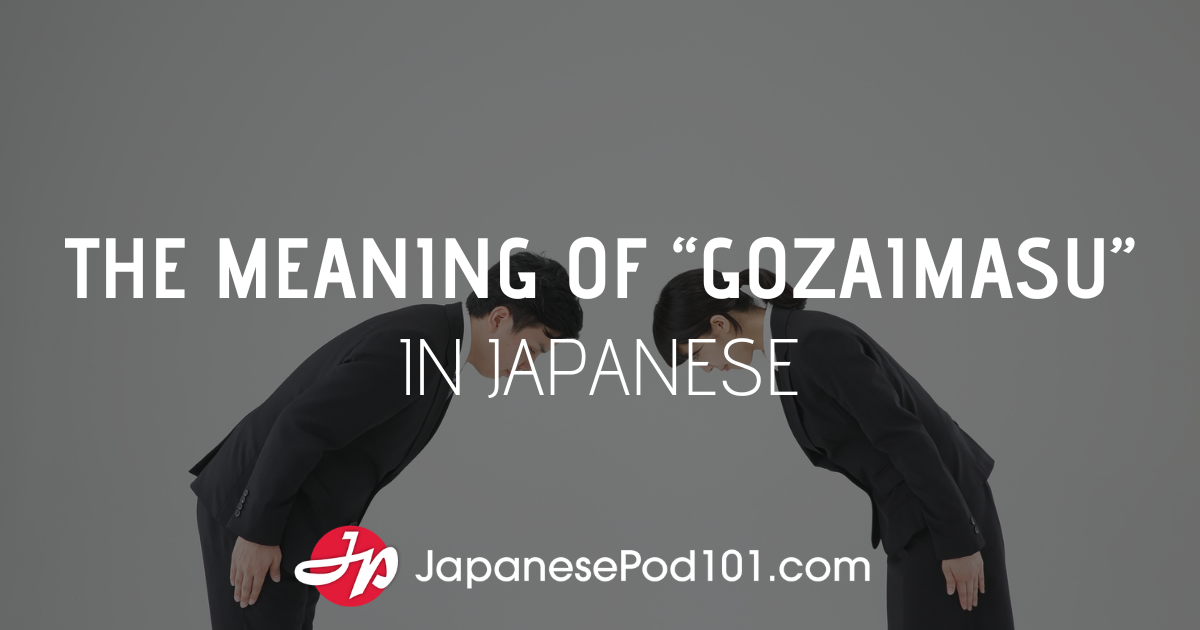In all the following kanji, 月 doesn’t relate to the body:
青 (SEI, ao(i): blue, unripe)
The 月 here originally had a different shape, so this kanji has no connection to the body.
勝 (SHŌ, ka(tsu): to win)
湖 (KO, mizuumi: lake)
But what about “moon”? If 月 means “moon” on its own, shouldn’t it lend that meaning to at least a few kanji? Here are the only ones I can find in which that’s the case:
The timing of the moon:
期 (KI, GO: time, period, term)
朔 (SAKU, tsuitachi: first day of the month, new moon)This is not a common character, but I’m including it because I’m excited to find that tsuitachi has its own kanji! It usually appears as 一日 (one + day).
The light of the moon:
明 (MEI, aka(rui): bright, cheerful)
朗 (RŌ, hoga(raka): clear, bright, cheerful)
朧 (RŌ, oboro: dim, faint, hazy)Not a character in general use, but it’s too good to pass up, because it combines with another uncommon one that means “dim” in 朦朧 (mōrō: dim, hazy, vague). Funny that all that moonlight can make things so dim!









